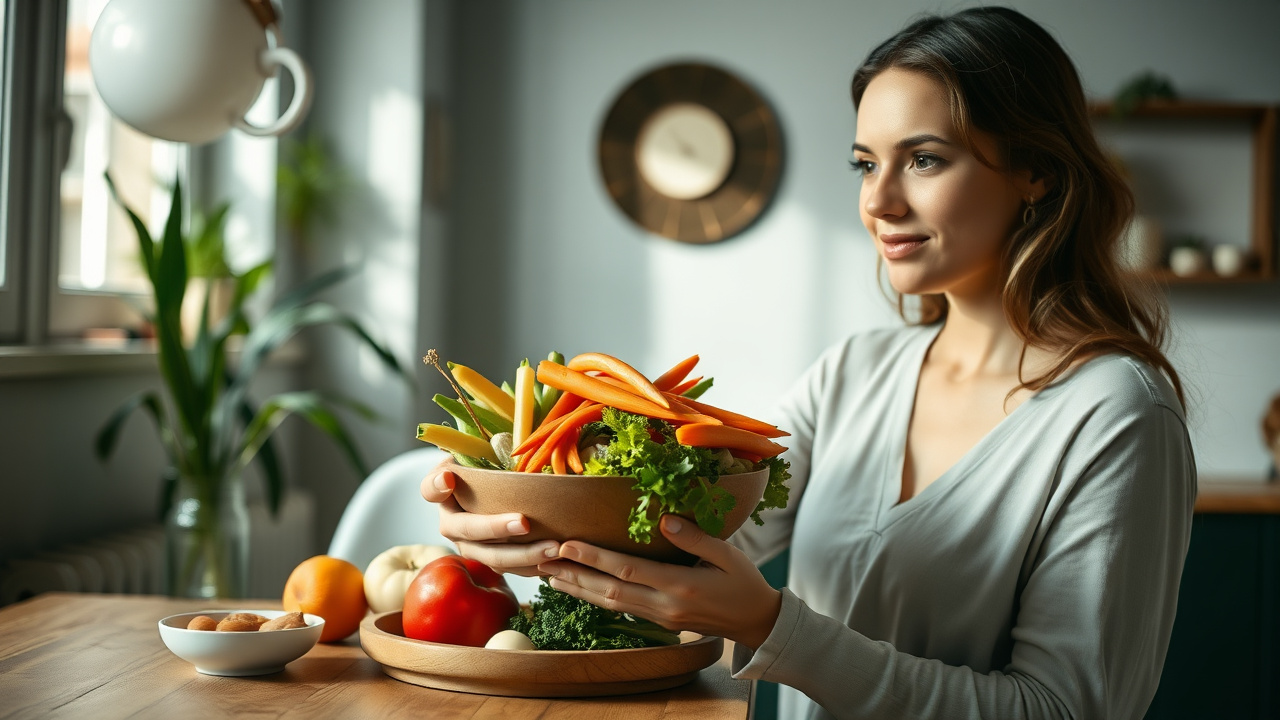The Importance of Hydration for Women Over 40
As women cross the milestone of 40, their body’s hydration needs change significantly. Hydration plays a crucial role in maintaining energy levels, promoting overall health, and combating fatigue, which often becomes more prevalent during this stage of life. Adequate water intake is not just vital for physical health but also for mental clarity and emotional well-being.
The Calm Reset — 7 Days to Feel Steady, Kind & In Control Again - Only $2.99
Gentle guidance trusted by our community.
Many women may not realize that even mild dehydration can lead to a decrease in energy levels, mood swings, and increased fatigue. This makes hydration even more essential as they navigate the changes that come with aging, including hormonal fluctuations and increased stress levels. Understanding the importance of hydration can empower women to prioritize their health and wellness.
Signs of Dehydration to Watch For
Recognizing the signs of dehydration is crucial, especially for women over 40. Symptoms can range from physical signs such as dry skin and frequent headaches to cognitive impairments like difficulty concentrating. Fatigue often accompanies these symptoms, which can exacerbate feelings of low energy and tiredness.
Additionally, noticing a decrease in urine output or dark-colored urine can also indicate dehydration. By staying attuned to these warning signs, women can take proactive steps towards increasing their water intake and improving their overall hydration.
Best Hydration Practices for Women Over 40
To ensure adequate hydration, it is recommended that women aim to drink at least eight 8-ounce glasses of water each day, although individual needs may vary based on activity level and climate. Incorporating hydrating foods into your diet, such as fruits and vegetables, can significantly boost water intake while also providing essential nutrients.
Another effective practice for enhancing hydration is to set reminders throughout the day to take water breaks, especially during busy times. Keeping a reusable water bottle handy can also encourage regular sipping. In addition to plain water, herbal teas and infused waters can add variety and flavor without added sugars.
The Role of Electrolytes
When it comes to hydration, it’s not just about water; electrolytes play a vital role as well. Electrolytes help to regulate hydration balance, nerve function, and muscle contractions. Women over 40 may benefit from electrolyte-rich drinks, especially after exercise or on hot days. Incorporating natural sources of electrolytes, like coconut water or electrolyte tablets, can be a great way to enhance hydration.
Choosing low-sugar electrolyte drinks can help keep the calorie count down while delivering essential minerals. It’s essential to tailor your electrolyte intake based on your daily activities and the climate you live in, ensuring your body remains replenished and energized.
Additional Tips for Combatting Fatigue
In addition to staying hydrated, women over 40 can adopt several other lifestyle habits to combat fatigue naturally. Prioritizing regular physical activity, such as walking, yoga, or swimming, can significantly increase energy levels and improve mood. Furthermore, ensuring you have a nutritious diet rich in whole foods will also provide sustained energy throughout the day.
Additionally, incorporating mindfulness practices such as meditation, deep breathing exercises, or light stretching can help mitigate stress, which is often a contributor to fatigue. Adapting a holistic approach by combining hydration with healthy lifestyle choices will empower women to navigate their 40s with vitality and grace.
FAQ
How much water should women over 40 drink daily?
Women over 40 should aim for at least eight glasses of water a day, but this may vary based on individual factors such as activity level, health conditions, and climate. Listening to your body’s thirst signals is also essential for maintaining optimal hydration.
What are the best foods for hydration?
Foods with high water content, such as cucumbers, watermelon, oranges, and spinach are excellent for keeping hydrated. Including these in your diet can help improve overall hydration levels while providing essential vitamins and minerals.
Can dehydration affect my energy levels?
Yes, dehydration can lead to fatigue and decreased energy levels since water is crucial for various bodily functions, including circulation and temperature regulation. It’s essential to maintain proper hydration to sustain energy throughout the day.
What additional methods can help combat fatigue?
In addition to hydration, regular physical activity, a balanced diet rich in whole grains, lean proteins, and healthy fats, managing stress through targeted relaxation techniques, and getting enough sleep are crucial to combatting fatigue effectively.
Are electrolyte drinks necessary?
While not necessary for everyone, electrolyte drinks can be beneficial, especially after vigorous exercise or on very hot days. They help replenish lost minerals and maintain hydration balance, which is vital for overall health.
Watch the Video:
The Calm Reset — 7 Days to Feel Steady, Kind & In Control Again - Only $2.99
Gentle guidance trusted by our community.








